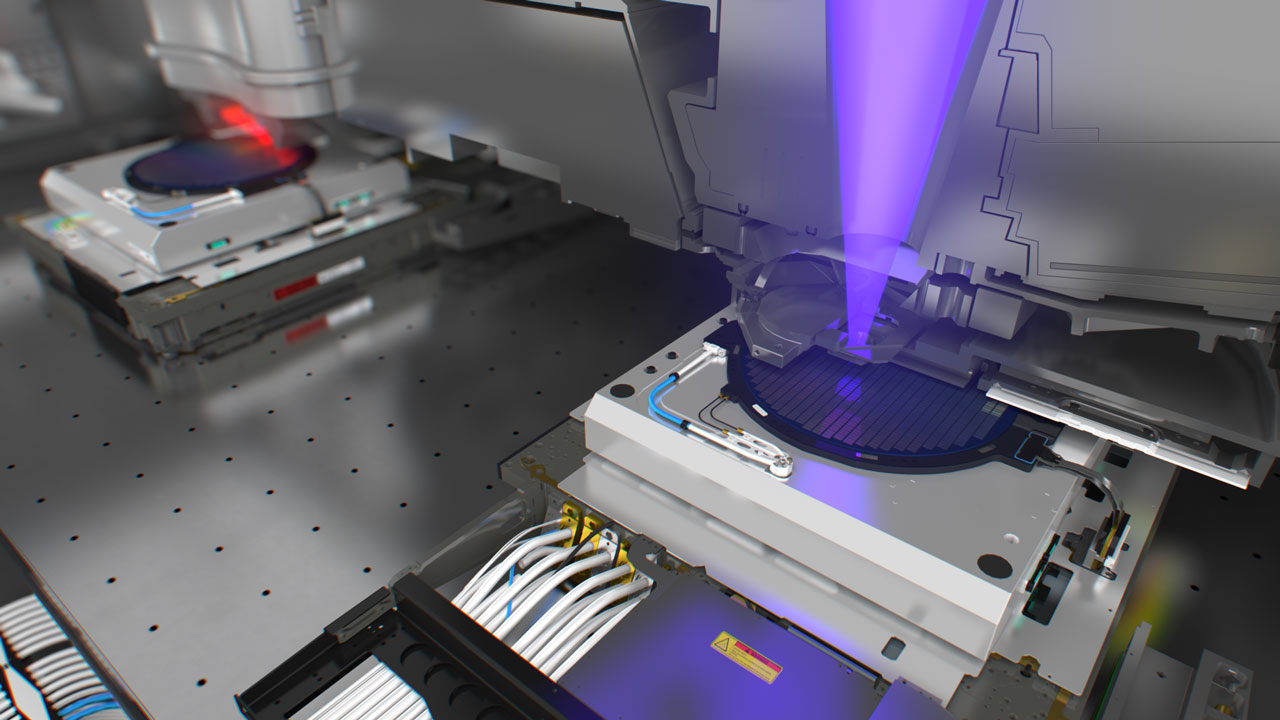
Chinese customers accounted for over 25% of ASML's revenue in 2023 and China represents a major market for the world's top maker of lithography tools. Export rules imposed by the governments of the Netherlands and the U.S. already restrict sales of advanced deep ultraviolet (DUV) and extreme ultraviolet (EUV) lithography machines to customers in China, but this hasn't really impacted the company's balance sheet.
However, further restrictions could seriously harm ASML, the company said.
"Geopolitical tensions may result in export control restrictions, trade sanctions, tariffs and more generally international trade regulations which may impact our ability to deliver our systems, technology, and services," ASML stated in its recently released 2023 Annual Report.
"Our ability to deliver technology in certain countries such as China has been and continues to be impacted by our ability to obtain required licenses and approvals. […] The list of Chinese entities impacted by export control restrictions has increased since 2022. […] These and further developments in multilateral and bilateral treaties, national regulation, and trade, national security and investment policies and practices have affected and may further affect our business, and the businesses of our suppliers and customers."
Chinese fabs accounted for 26.3% of ASML's revenue in 2023, and China was the second largest buyer of ASML's tools on country/region basis, just after Taiwan (which accounted for 29.3%). Indeed, Chinese customers accelerated procuring fab tools in the second half of 2023 in the face of strengthening sanctions against China's semiconductor industry. The latest U.S., Dutch, and Japanese export rules restricted the sales of tools and technologies that can produce logic chips with non-planar transistors on 14nm/16nm nodes and below, 3D NAND with 128 or more layers, and DRAM memory ICs of 18nm half-pitch or less.
The majority of China's logic chipmakers (excluding SMIC and Hua Hong) specialize on mature process technologies and barely care about equipment that can be used to produce on FinFET-based 14nm/16nm production nodes. What they are interested in is getting enough tools to make chips on 28nm-class process technologies and thicker, and ASML is more than willing to supply previous-generation fab tools to these clients. As of Oct. 2022, ASML's backlog in China exceeded $38 billion.
If the U.S. and other governments decide to further curb China's semiconductor sector in general, they could either prohibit sales of 28nm-capable tools or restrict exports of China-made chips to their countries. In both cases, ASML would be severely impacted as sales of wafer fab tools for mature processes to China-based chipmakers bring a lot of money.
For now, ASML enjoys its leading position on the market of lithography equipment, and its business in China thrives. But China pouring billions of dollars not only into new fabs, but also into development of wafer fab equipment, could also be another potential threat to the company's business.
"We also face competition from new competitors with substantial financial resources, as well as from competitors driven by the ambition of self-sufficiency in the geopolitical context," ASML noted. "Furthermore, we face competition from alternative technological solutions or semiconductor manufacturing processes."







